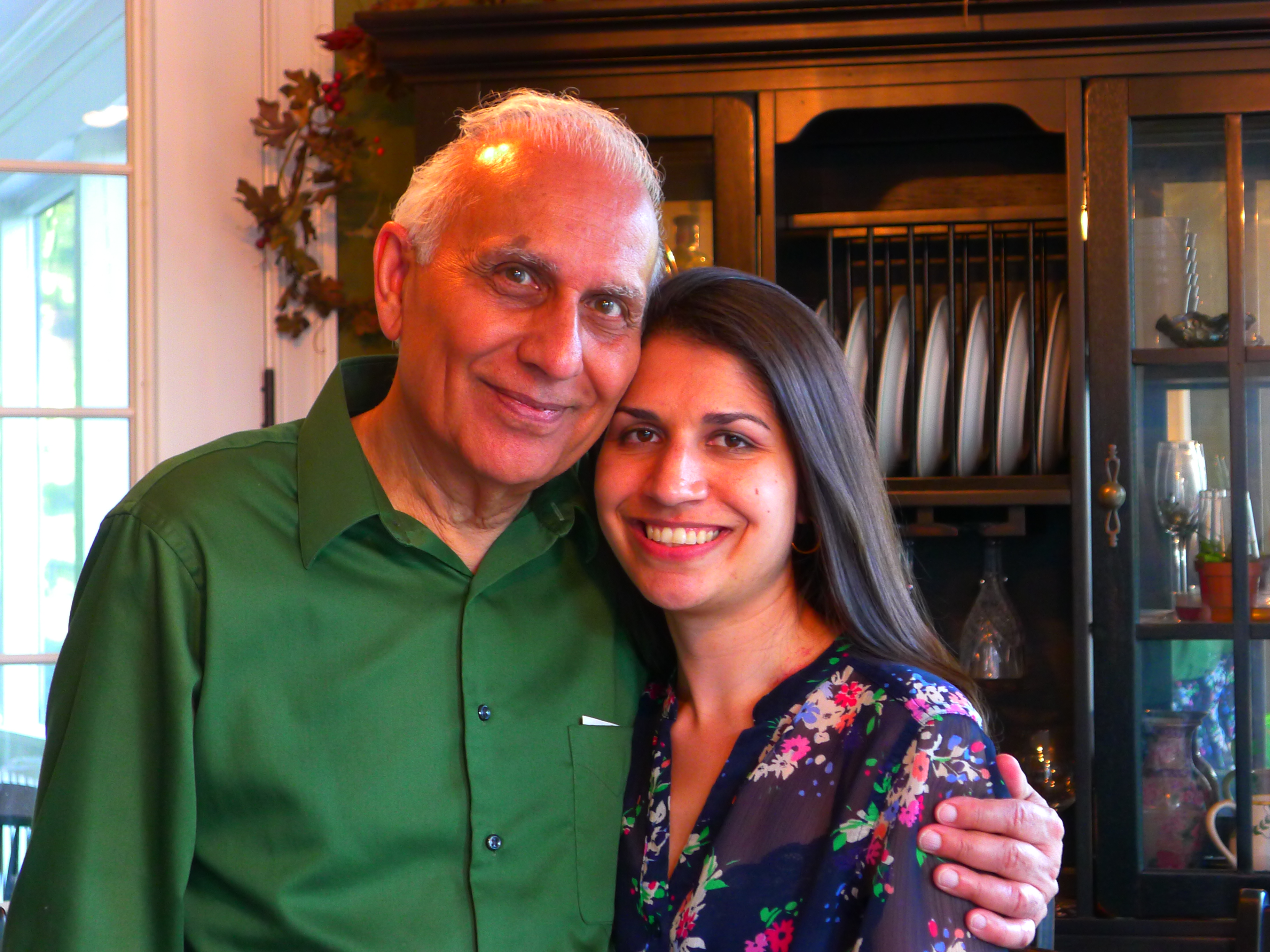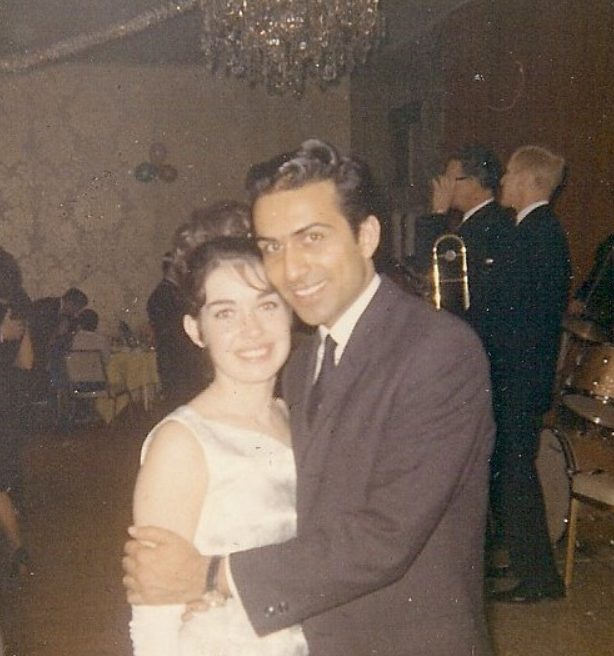My father came to the United States from India in 1961. Like many immigrants of the time, he saw America as the land of opportunity. If he worked hard, he’d make a life for himself.
In India, my father had been a refugee, his family displaced after the partition. He attended primary school in a tent, graduated early from high school, earned a bachelor’s degree, and started to work to help support his parents and younger siblings. He was doing well, but being successful in America was his dream.
So when the opportunity to move to the States arose, he took it. Never mind that no employer would accept his foreign degree. He’d earn a second one. Never mind that he didn’t have a wealthy family to support him. He’d work full time while taking a full course load to pay his own way through school. He went without meals regularly. He couldn’t afford a winter coat. In fact, he only had one suit that he wore daily and washed at night.
Never mind any of that – he was in America. His hard work would be recognized.
My mother was white, born in Connecticut. My parents met in college. Her parents disproved of their relationship. They went so far as to pull her out of school when my mother continued to see my father, a poor foreigner, despite their wishes. Consequently, my parents eloped. Without family support and with some cultural barriers, their marriage was difficult, but they had four daughters before my mother unexpectedly passed away, leaving my father as a single parent.
Mithu and Mary married in 1966
At that time, it was not unheard of for Indian fathers living abroad who found themselves widowers to send their kids to live with family back in India until they found a new wife. That was not an option for my father. He remembered that the India of his childhood was not kind to girls. He recalled the fear of his sisters when they first menstruated because no one had told them it was coming or what it was. They thought they were dying. He recalled how dependent women were on their husbands and that not all husbands were kind. He did not want his daughters to be fearful or dependent.
He kept us in the US and raised us, as best he could, as Americans because American women could be independent and free.
My father taught me many things, whether or not intentionally. But, one of the things he made sure I knew was that hard work and self-reliance led to independence. They led to freedom.
Right now, many women and girls in our country are, whether or not intentionally, taught a counter to that message – that hard work will not be recognized or rewarded, or that women should rely on men to dictate their rights and self-worth.
This Father’s Day, let’s take a moment to thank all of the dads out there who work against that narrative, not just for their daughters, but for all of their kids. Let’s appreciate the fathers who are raising hard working, independent Americans, regardless of their gender. And let’s stand with them against the notion that America is anything other than the land of the free.



